HISTORY
HISTORY
D-DAY | Landing in Normandy, June 06 1944
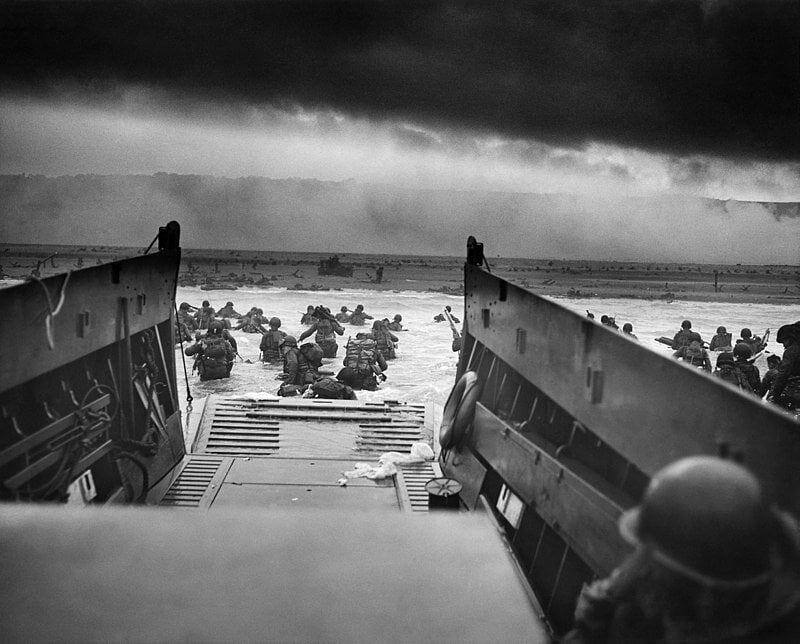
On June 6, 1944, on the shores of Normandy in northern France, Allied forces of World War II carried out the largest amphibious operation in history. The Battle of Normandy, followed by Operation Overlord, ended on August 19, 1944, when Allied troops crossed the Seine. The General Dwight D. Eisenhower has been appointed commander-in-chief of the operation.
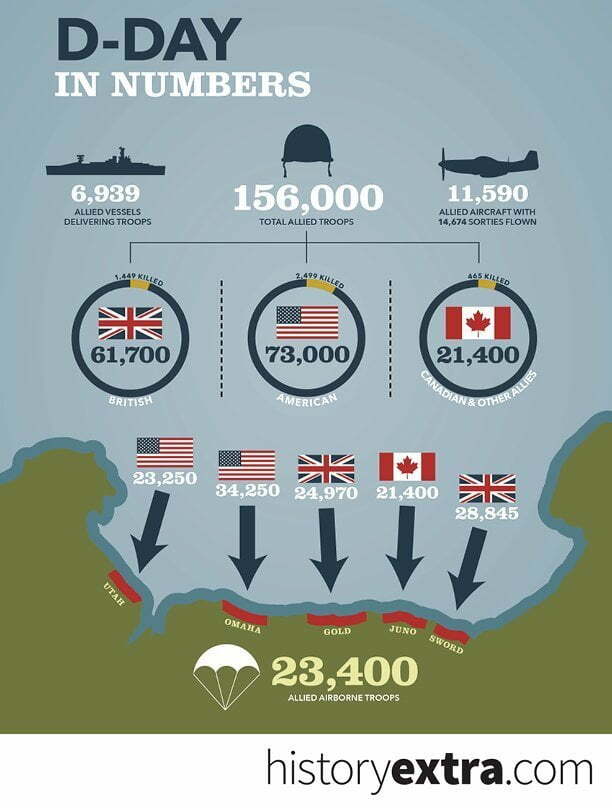
©Historyextra.com
Between 130,000-156,000 men involved in the operation, codenamed “Neptune”, invaded the beaches of Normandy, opening a second front against Nazi Germany in Europe. The Allied landing zone was 50 miles long, and was divided into 5 sectors with code words Utah, Omaha, Gold, Juno, and Sword. Despite the surprise, allied forces suffered heavy losses in all five areas.
The allied forces and specifically the 5th US Corps consisting of two divisions sent 43,000 soldiers to secure Omaha beach.
The German force numbered about 78,000 men in 13 sectors positioned in such a way that there was cover with fire between them.
Between 00:00 and 03:00 on June the 6th, 1944, the Allied fleet reached the coast of Normandy. Subsequently, landing crafts transported the soldiers ashore, sailing in waves up to 6 meters high. The U.S. soldiers thought that the air force’s airstrikes had already prepared the ground for their invasion. But the truth was completely different as the air strikes and the Navy’s guns missed their targets due to bad weather.
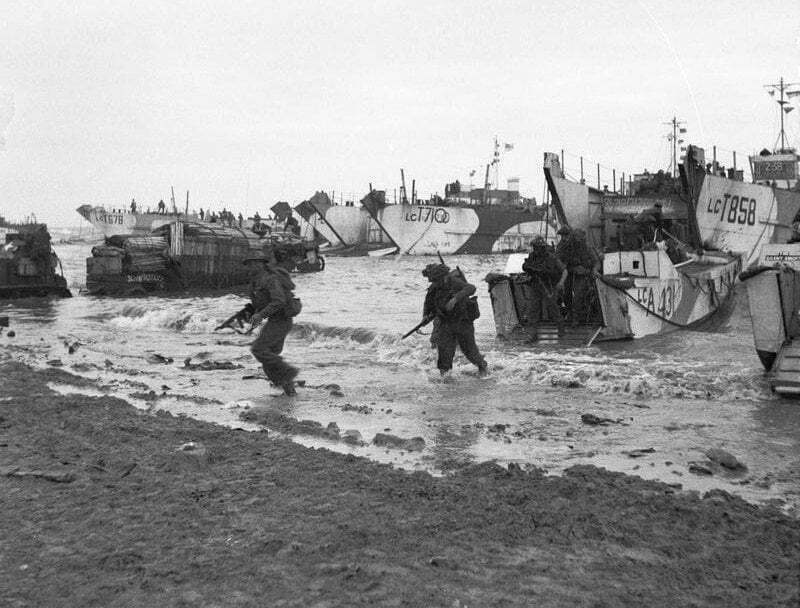
British soldiers on the “Gold” Coast
In the first wave of the attack, not a single German sector was destroyed. Neither could the US infantry count on the amphibious tanks (specially modified M4 Sherman) which were supposed to provide cover fire. Out of the 29 M4 Shermans amphibious tanks sent into the first wave of attack, only two managed to reach the shore while the others sank in the sea due to bad weather.
The bad weather also forced the landing crafts to leave the soldiers off the coast, forcing them to jump into the water. Those who did not drown due to the depth of the sea were forced to swim to the shore, making great efforts, taking into account the heavy equipment they carried. Those who were able to “set foot” on the shore were exhausted and amongst others were under heavy fire from the MG-42 7,92X mm machine guns (ancestor of the well-known MG-3).
The first breach on the German defence occurred when the men of the 16th Infantry platoon passed through an uncovered gap between German forts and conducted a side attack. On the coast, the insufficient coverage of the American soldiers prompted the navy to take the decision to send destroyers to support the attack. As a result of this move, the German defence began to weaken and several coastal forts were destroyed by the afternoon of June 6th.
Allied forces on Omaha Beach were still vulnerable, as the coast was not yet fully secured. The fact that the allied air force stopped the German reinforcements was of significant importance. The losses on the first day of the invasion of Normandy have not been officially calculated, but it is estimated that the death toll was about 4,500 men for the Allied forces and between 4,000 and 9,000 for the Germans.
Greek Participation
Two Greek ships of the then Royal Navy, the corvettes “Tombazis” and “Kriezis”, with a crew of 155 men, took part in the landing. The Captain of the first ship was Lt. Commander George Panagiotopoulos and the second was Dimitrios Kiosses, later admiral and Chief of the General Staff of the Navy. The first officer of “Kriezis”, Grigorios Pavlakis, was honored in 2004 with the title of Knight of the Honor of the French Republic, in an anniversary ceremony that took place in France.
Memorial Speech by the Minister of Defence Vassilis Palmas at the annual memorial service for the fallen of the 3rd Company of the 211th Infantry Battalion
The Minister of Defence of the Republic of Cyprus, Mr. Vassilis Palmas, attended the annual commemoration of the fallen of the 3rd…
120 years since the death of Pavlos Melas—The Hero of the Macedonian Struggle—Photos
The Armed Forces honor the memory of the ethnic martyr who gave his life for the liberation of Macedonia…
80 years since the Battle of Rimini – The Brigade that wrote golden pages of history
The “Rimini Brigade” wrote new pages of history for Greece, placing it in the camp of the winners. This success was linked to hope and…
PwC Cyprus, Multimarine, SignalGeneriX, and Theophrastus Join Forces for the EDA’s Symbiosis Project
A leading Consortium comprising PwC Cyprus, Multimarine Services Ltd, SignalGeneriX Ltd, and Theophrastus Research Institute, has been…
MBDA – Matra Electronique | Joint creation of a centre of excellence for defence electronics in Europe
MBDA and its subsidiary Matra Electronique (MEL), which specialises in manufacturing high-precision electronic equipment, jointly…
THEON International | New orders amounting to €74 million having already exceeded €150 million in the 4th trimester
THEON INTERNATIONAL PLC (THEON) announced additional orders for the month of November. As a result of the…
UN | Iran has increased uranium enrichment to near weapons-grade levels
Iran has further increased its stockpile of uranium enriched to near weapons-grade levels, defying international pressure, according to…
Brazil | Arrests of military and police officers for plotting the assassination of President Lula
Brazilian police have arrested five officers accused of plotting a coup which included plans to overthrow the government following the…
Sweden | Leaflets with survival instructions in the midst of the Ukrainian crisis
Sweden started sending out five million leaflets to the country’s residents yesterday, urging them to prepare for a possible conflict…








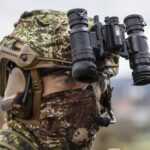
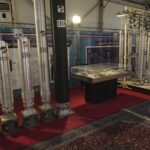


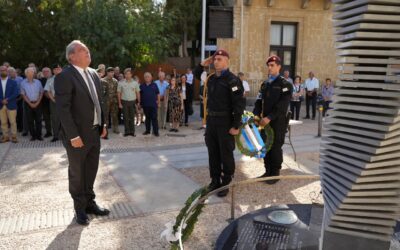
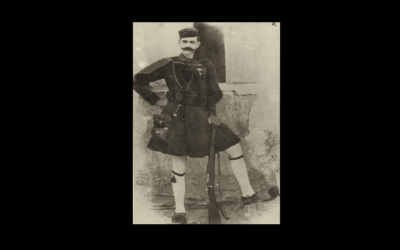
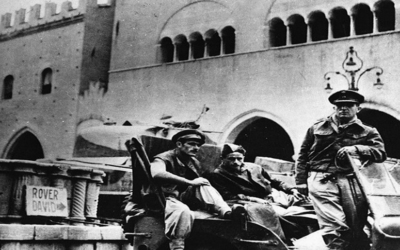


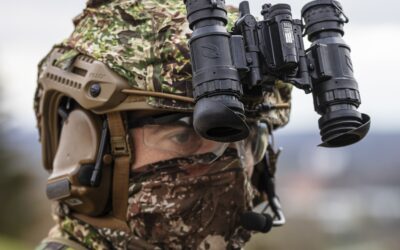
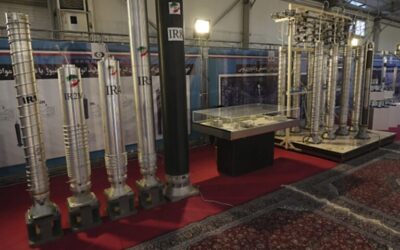


0 Comments